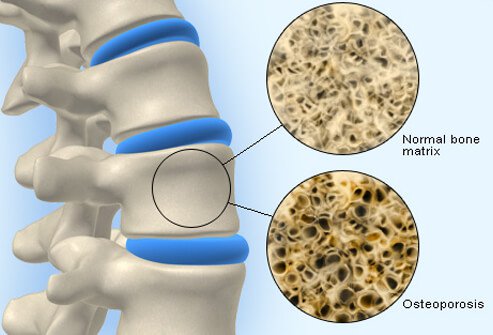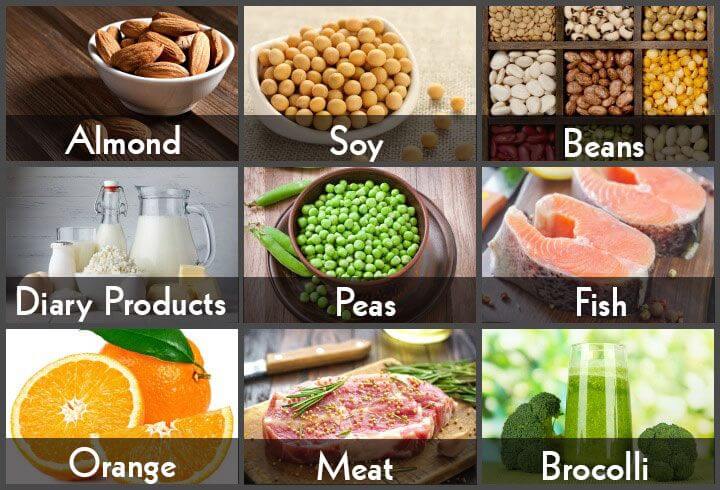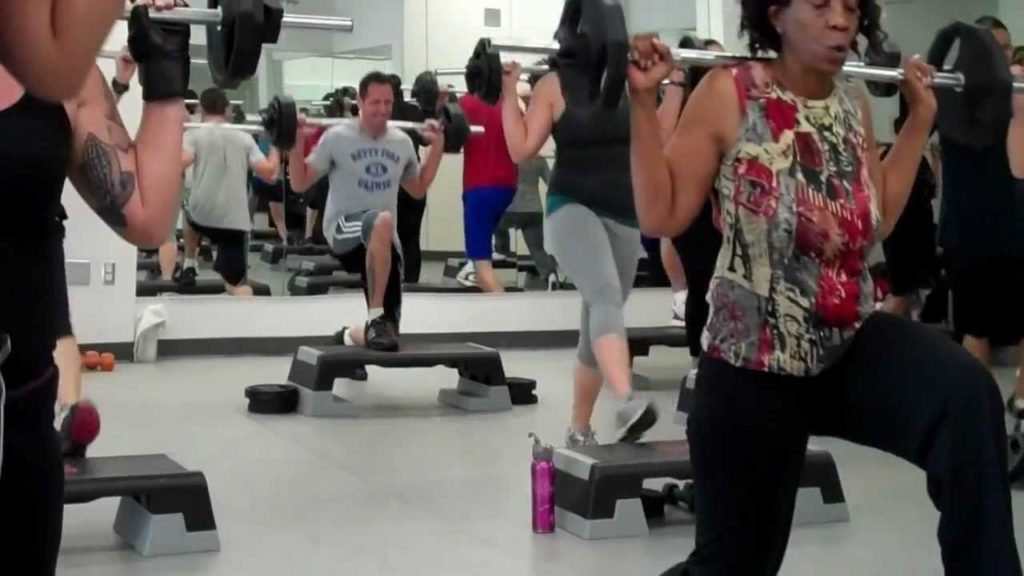Weak Bones (Osteoporosis): Are you at risk?
Maintain Your Independence by Building Better Bones
Osteopenia is an indication of weakening bones. Weak, porous, brittle bones is called Osteoporosis. According to the Centers for Disease Control and Prevention more than five million people in the U.S. over age 50 have been diagnosed with osteoporosis, including two percent of men and ten percent of women. Osteoporosis affects people of all ethnic backgrounds, although, the risk of fractures is higher in white women than any other race. 1
 Almost 50% of white women over the age of 50 will fracture their hip, spine, or wrist at some point, while about 13% of white men will have such a fracture. However, men have a higher risk of death after fracture than women. The risk for non-white races is lower for all types of fractures.2
Almost 50% of white women over the age of 50 will fracture their hip, spine, or wrist at some point, while about 13% of white men will have such a fracture. However, men have a higher risk of death after fracture than women. The risk for non-white races is lower for all types of fractures.2
After menopause, bone loss in women greatly exceeds that in men, but only until age 65. Then both men and women lose bone at the same rates because of men’s decreasing levels of testosterone. 2
Dr. Andrea Singer of MedStar Georgetown University Hospital in Washington DC states, “Fractures due to osteoporosis accounts for more than 40 percent of the hospitalizations. A quarter of all people who suffer a hip fracture die within one year, which is much higher than the other diseases, and of the 75 percent who remain alive, many lose their independence and need assisted living.” Her research shows the leading cause of weak porous bones is an imbalance between bone formation and bone break down and oxidative stress may play a role in this imbalance. Therefore, too much oxidative stress can lead to excessive bone breakdown.3
How to Build Better Bones and lower your risk for osteoporosis and fractures.
- Eat a balanced healthy diet rich in calcium, vitamin D, antioxidants and reduce animal protein.

- Calcium is what makes bone hard and dense. Eat low-fat dairy products, beans, legumes, almonds, fortified soy, cereals, and juices daily.6
- Vitamin D helps the body absorb and use calcium. Eat 1-2 servings of egg yolks, saltwater fish, and liver a week, and try to get outside in the sun for approximately 20 minutes a day.
- Antioxidants not only help boost bone development but also slow bone breakdown.4 Daily eat 5-7 servings of fruits and vegetables such as berries, broccoli, Brussels sprouts, kale, and prunes.6,7,8
- Reduce animal protein intake to ¼ of your plate. Too much animal protein pulls calcium from the muscles and bones.
- Physical Activity: Research shows bone gets stronger and denser with weight bearing exercise. A recent study showed 30-minute sessions of high-intensity resistance training at 80–85% of the “1 rep max” weight (the amount of weight one could lift only once with maximum effort) increased bone density by 2.9% – 13.6%, while the control group doing low weight body weight exercises lost 1.2-6.3% bone density.9

- Remove nutrients, toxins, and chemicals that reduces calcium in the bone: Sodium and caffeine increases calcium loss. Smoking, alcohol, and some medications can block calcium absorption or increase losses. Smoking and alcohol also increase oxidative stress causing calcium loss from bone. Check with your pharmacist to see if any of your medications may be blocking calcium absorption.1
- Supplements may be helpful as a fall back strategy. Research shows calcium and vitamin D are most effective when gotten through diet, but when that is not possible supplements may be helpful. Adults over 50 should get approximately 1000 to 1200 mg of Calcium a day and 600 to 800 IU a day of Vitamin D.
- Prevent Falls: Check your environment for fall hazards such as throw rugs, dimly lit stairs or rooms, and cluttered spaces. Improve balance and core strength with exercises such as Yoga and Tai Chi.2
How to know if you are at risk? A bone density test measures the strength of your bones. This test is quick and painless. Contact your medical provider to see if you are at risk, then take action to build better bones for a full independent life.










Leave a Reply